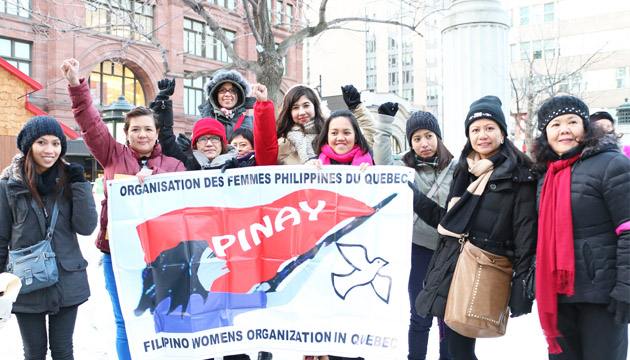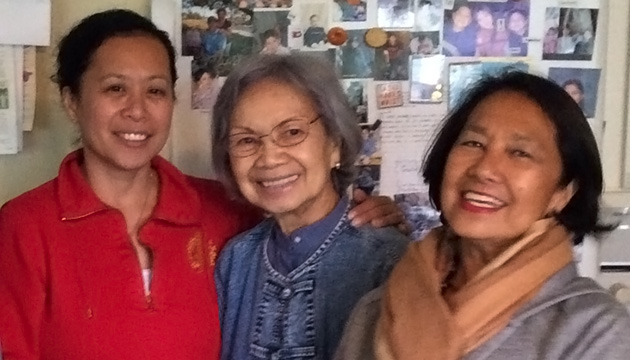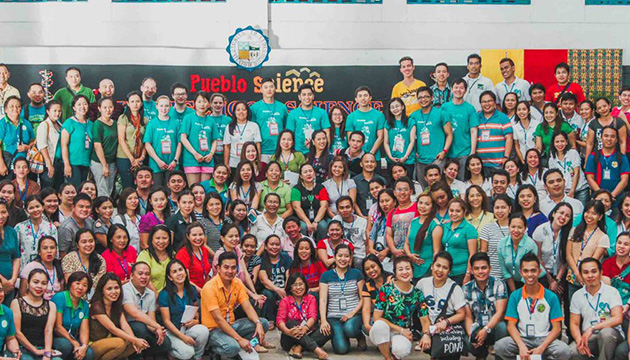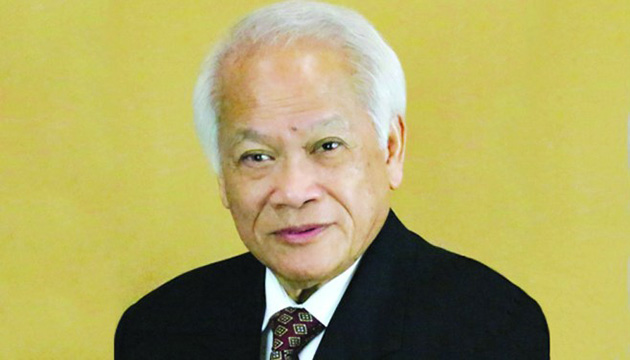September 1, 2024 — A program by the Philippine government to prevent and eliminate child labour in the country has received a boost from Canada.
The Canadian government is funding a new initiative to address the exploitation of minors.
The five-year project backed by Employment and Social Development Canada (ESDC) was launched in Quezon City on August 6, 2024 in partnership with the International Labour Organization (ILO).
An ILO media release quoted Canadian Minister of Labour and Seniors Steven MacKinnon saying that Canada “sets the bar on workers’ rights around the world”.
Khalid Hassan works as the director of the ILO country office for the Philippines.
“We need a breakthrough to address child labour and rights at work,” Hassan stated in the same release.
The ILO defines child labour as work that is harmful to a child's health and development.
The United Nations Children’s Fund or UNICEF is dedicated to the protection and promotion of the rights and welfare of children and youth around the world.
In a joint report with ILO released on June 10, 2021, UNICEF noted that the number of children in child labour has risen to 160 million worldwide in 2020.
The number represents an increase of 8.4 million children in the last four years since 2016.
The joint publication also noted that “progress to end child labour has stalled for the first time in 20 years, reversing the previous downward trend that saw child labour fall by 94 million between 2000 and 2016”.
“We are losing ground in the fight against child labour, and the last year has not made that fight any easier,” UNICEF Executive Director Henrietta Fore stated in the report.
The situation in the Philippines mirrors the global picture.
A March 3, 2023 report by the Philippine Statistics Authority (PSA) explained that child labour in the Philippines is defined as hazardous work involving individuals below the age of 18.
As well, child labour is done for long hours or more than 40 hours a week.
The PSA reported that in 2021, the total number of working children considered to be engaged in child labor was estimated at 935,000.
“This was higher than the reported working children engaged in child labor in 2020 at 597 thousand. In 2019, the estimated number of working children engaged in child labor was 640 thousand,” the agency noted.
Moreover, “Of the estimated 935 thousand working children engaged in child labor in 2021, 626 thousand or 67.0 percent of them were boys, while 309 thousand or 33.0 percent were girls.”
The PSA also reported that about 61.9 percent of child labourers were in the agriculture sector; 31.9 percent, services sector; and 6.1 percent, industry.
The Government of Canada and ILO project will support the Philippine Program Against Child Labor (PPACL) aimed at achieving a child-labour-free country.
The joint project called “Strengthening freedom of association and action against child labour in the Philippines” also has a twin objective of advancing workers’ rights in general.
Through ESDC, Canada is providing $612,352 for the five-year initiative that runs until 2029.
“Freedom of association including the rights of workers and employers to effectively organize and bargain, as well as the effective abolition of child labour are fundamental rights. This project is crucial to improving their conditions and building a future with social justice for all,” ILO’s Hassan said in the media release.
Online, ILO explains that not all work done by children is considered as child labour.
The participation of children or adolescents in work that does not affect their health and personal development or interfere with their schooling is “generally regarded as being something positive”.
Examples include assisting in a family business or earning pocket money outside school hours and during holidays.
“These kinds of activities contribute to children’s development and to the welfare of their families; they provide them with skills and experience, and help to prepare them to be productive members of society during their adult life,” the ILO notes.













